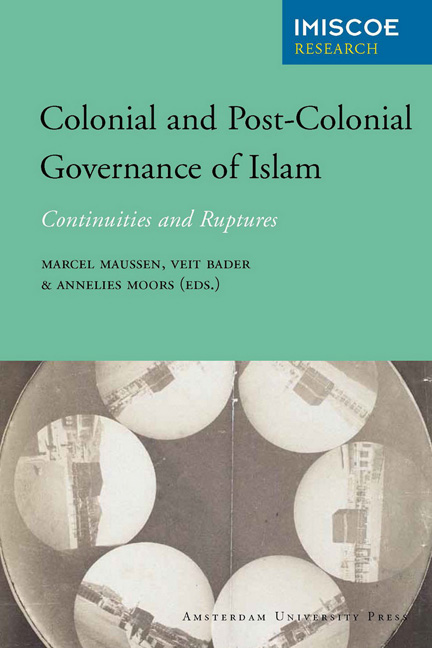10 - Angara, the ‘Burning Embers’ of Muslim Political Resistance: Colonial and Post-Colonial Regulation of Islam in Britain
Published online by Cambridge University Press: 05 February 2021
Summary
Introduction
Angare, the Urdu word for ‘burning embers’, was a collection of short stories published in 1932 in Lucknow, British India. Written in Urdu, that the publication used fiction, strong language and sexual imagery to criticise Islam's prophets and sacred texts. In 1988, 56 years later, Rushdie's The Satanic Verses triggered controversy, violent protest and fatwas, and Muslims called for the banning of the book. The resulting book burning that took place in British towns set the stage for popular perceptions about Islam and Muslims, especially for liberal defenders of free speech. Angare also led to widespread popular protests by Muslims, as well as fatwas issued by religious leaders. Within just one year of publication, most copies of Angare were destroyed by the British colonial authorities. Only five copies were preserved, one of which was recently made available to the public at the British Library.
Angare and the colonial governance of Muslim speech
It is significant that Angare was written in Urdu, then already the primary language of communication among literate Muslims, by a group of young Indians who were members of the Progressive Writers’ Movement, which was set up in India in the late 1930s. Some stories in Angare were an internal critique of patriarchal practices within the Muslim community, while others were critical of colonial rule. The fact that this critique was written in Urdu meant that it had a potentially vast audience as compared with publications in English. The ideas, language and images in the short stories, especially their use of sexual images, offended the majority of Muslims. The publication of Angare was met by widespread popular protests as well as fatwas issued by the Islamic clergy. The British used the 1898 Code of Criminal Procedure to confiscate and destroy copies of Angare, claiming that it was a threat to public order and amounted to sedition. More specifically, on 15 March 1933, the British banned the book using section 295 of the Indian Penal Code, which reads:
Whoever with deliberate and malicious intention of outraging the religious feelings of any class of His Majesty's subjects by words, either spoken or written, or by visible representations insults or attempts to insult the religion or the religious beliefs of that class, shall be punished with imprisonment of either description for a term which may extend to two years, or with a fine, or both.
- Type
- Chapter
- Information
- Colonial and Post-Colonial Governance of IslamContinuities and Ruptures, pp. 199 - 210Publisher: Amsterdam University PressPrint publication year: 2012

